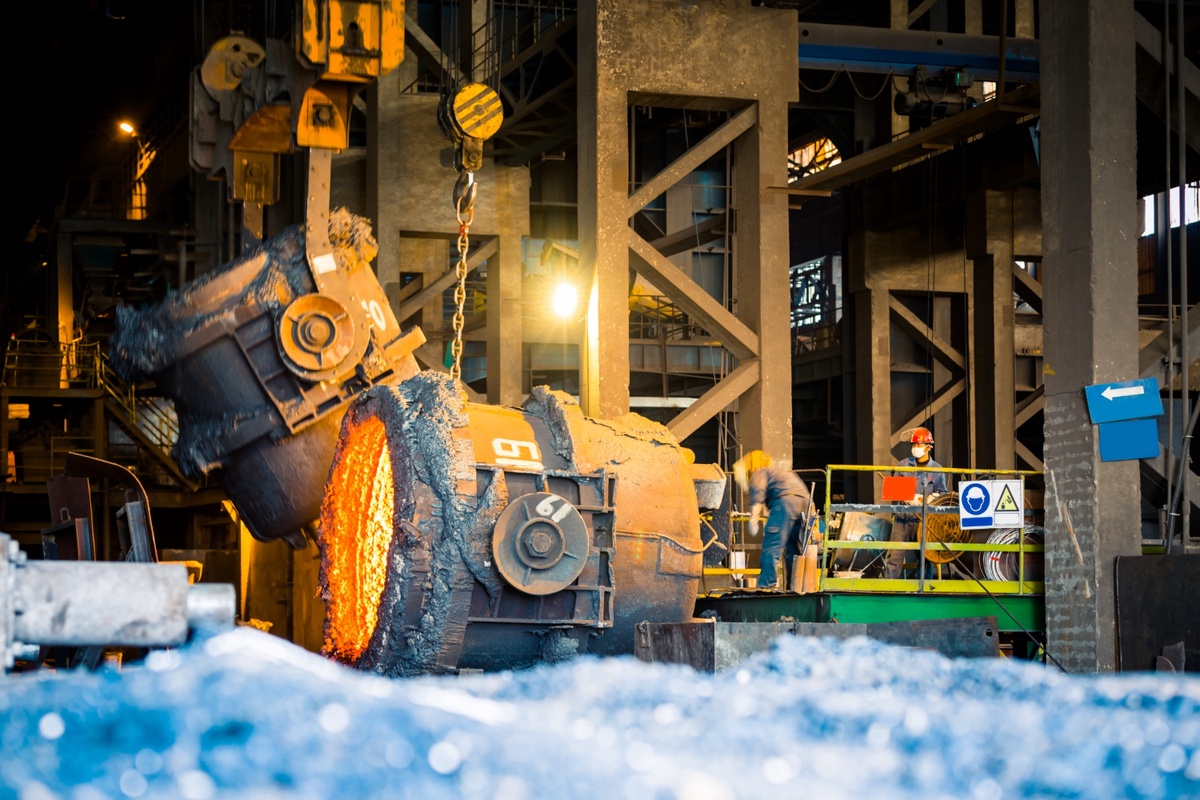Metal machines have revolutionized healthcare and biotechnology, playing a critical role in advancing medical research, diagnosis, and treatment. From precision instruments used in surgical procedures to automated systems for drug discovery, these machines have transformed the way we approach healthcare, enabling faster, more accurate, and more efficient processes.
Precision and Accuracy in Medical Devices
Metal machines are integral to the manufacturing of medical devices, ranging from implants and prosthetics to diagnostic equipment and surgical tools. CNC machining centers produce intricate components with sub-micron precision, ensuring the reliability and performance of medical devices. Additionally, metal additive manufacturing technologies enable the production of patient-specific implants and custom-designed prosthetics, improving patient outcomes and quality of life.
Automation in Laboratory Workflows
In the field of biotechnology, metal machines automate laboratory workflows, accelerating research and development activities. High-throughput screening systems analyze thousands of compounds simultaneously, expediting the discovery of new drugs and therapies. Liquid handling robots perform precise pipetting and dispensing tasks, minimizing errors and increasing efficiency in experimental procedures. Additionally, next-generation sequencing machines sequence genomes at unprecedented speed and cost, unlocking insights into genetic diseases and personalized medicine.
Imaging and Diagnostics Technologies
Metal machines are also instrumental in imaging and diagnostics technologies, enabling healthcare professionals to visualize and diagnose medical conditions with unparalleled accuracy. MRI machines use powerful magnets and intricate coils to generate detailed images of internal organs and tissues, aiding in the diagnosis of diseases such as cancer and neurological disorders. CT scanners employ rotating X-ray beams and advanced detectors to create cross-sectional images of the body, enabling rapid and non-invasive diagnosis of injuries and abnormalities.
Advancements in Surgical Robotics
Surgical robotics represents a cutting-edge application of metal machines in healthcare, enabling minimally invasive procedures with enhanced precision and control. Robotic-assisted surgical systems use advanced sensors and actuators to augment the capabilities of surgeons, allowing for more precise incisions, suturing, and tissue manipulation. These systems are used in a wide range of surgical specialties, including urology, gynecology, and cardiothoracic surgery, offering patients shorter recovery times and improved surgical outcomes.
Conclusion
In conclusion, metal machines have had a transformative impact on healthcare and biotechnology, revolutionizing medical research, diagnosis, and treatment. These machines enable precision manufacturing of medical devices, automate laboratory workflows, enhance imaging and diagnostics technologies, and facilitate minimally invasive surgical procedures. As technology continues to advance, metal machines will play an increasingly critical role in shaping the future of healthcare, driving innovation and improving patient care outcomes.


No comments yet